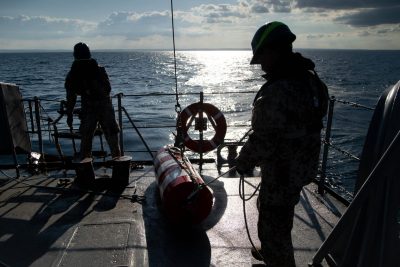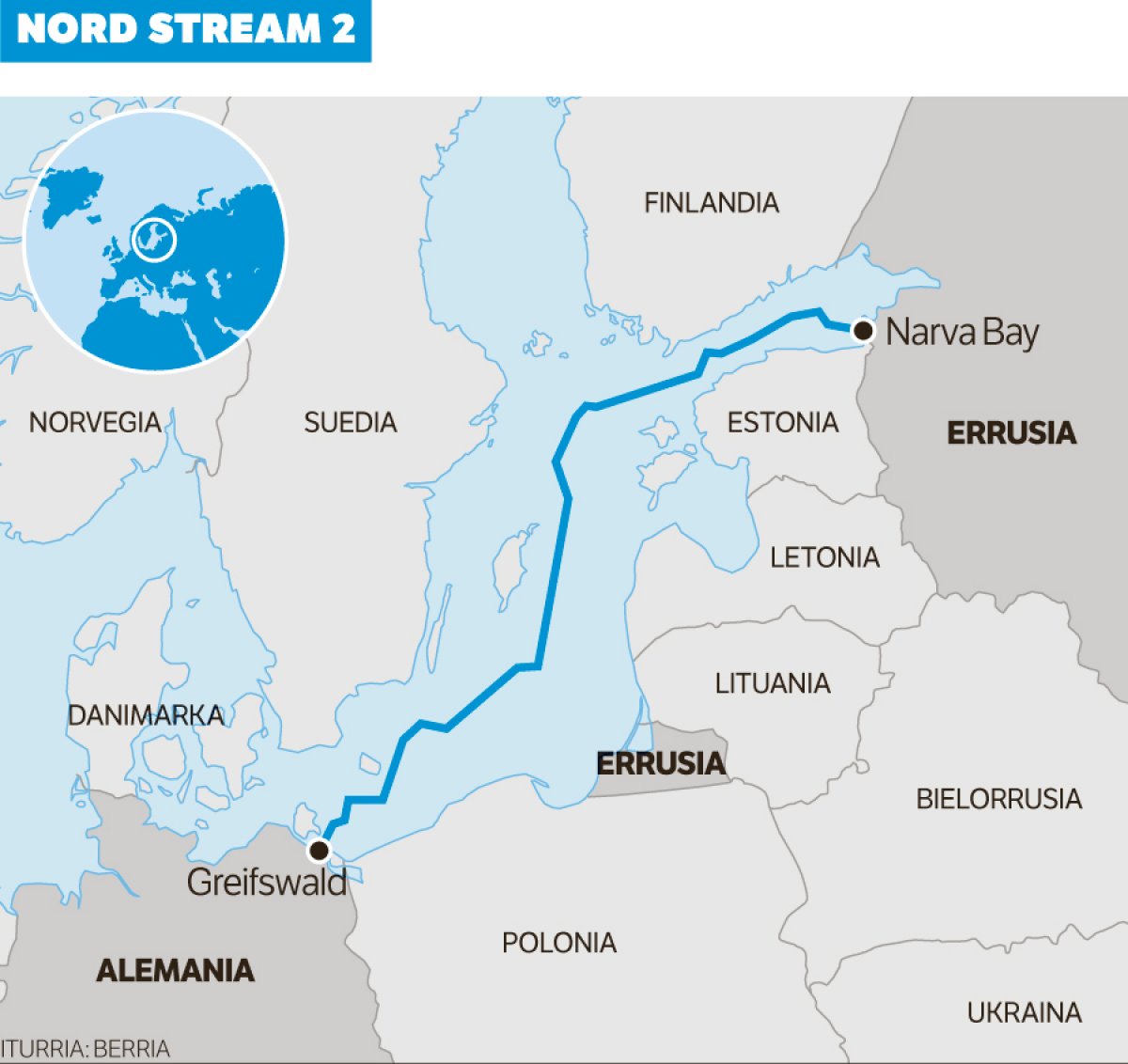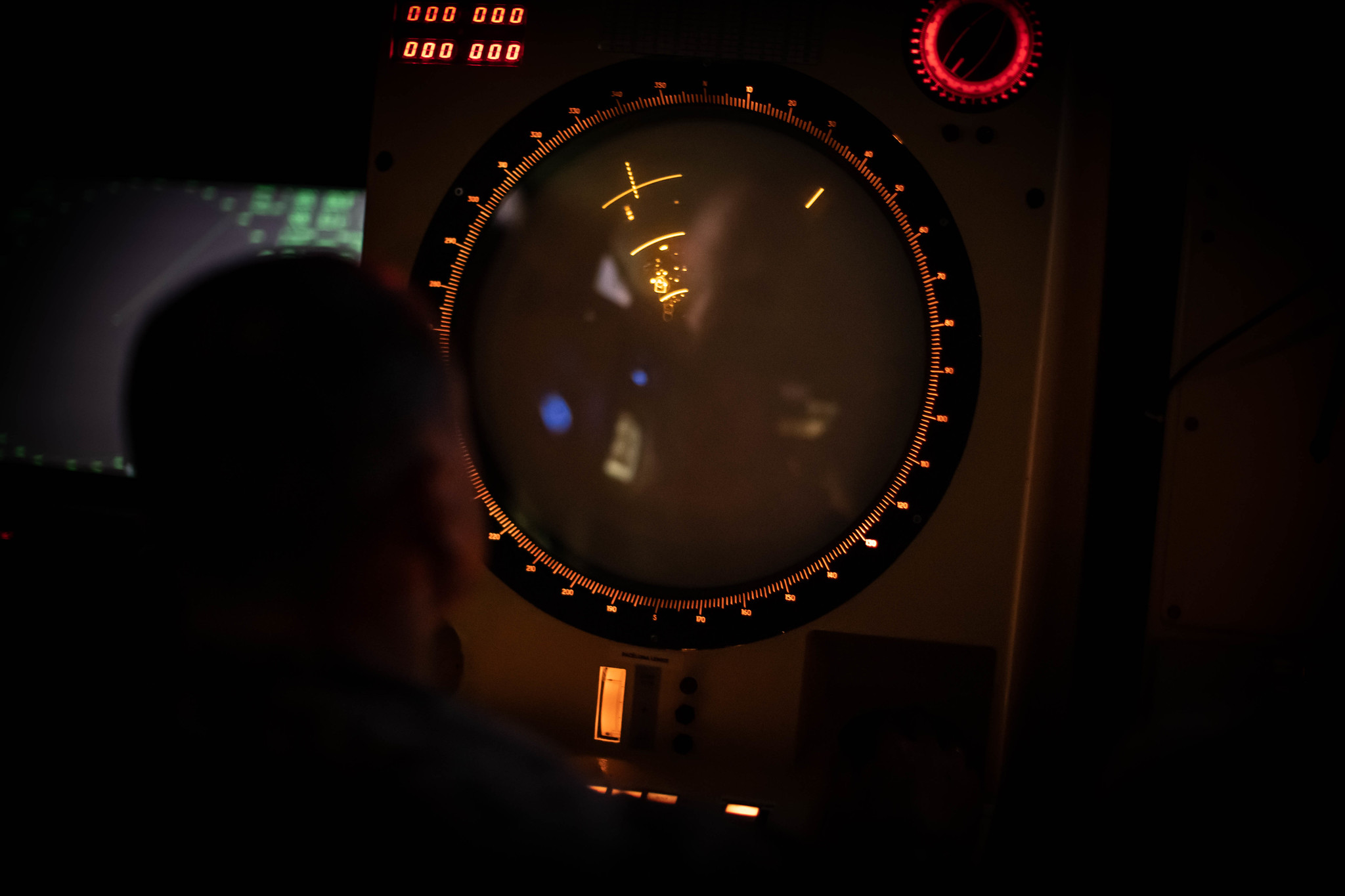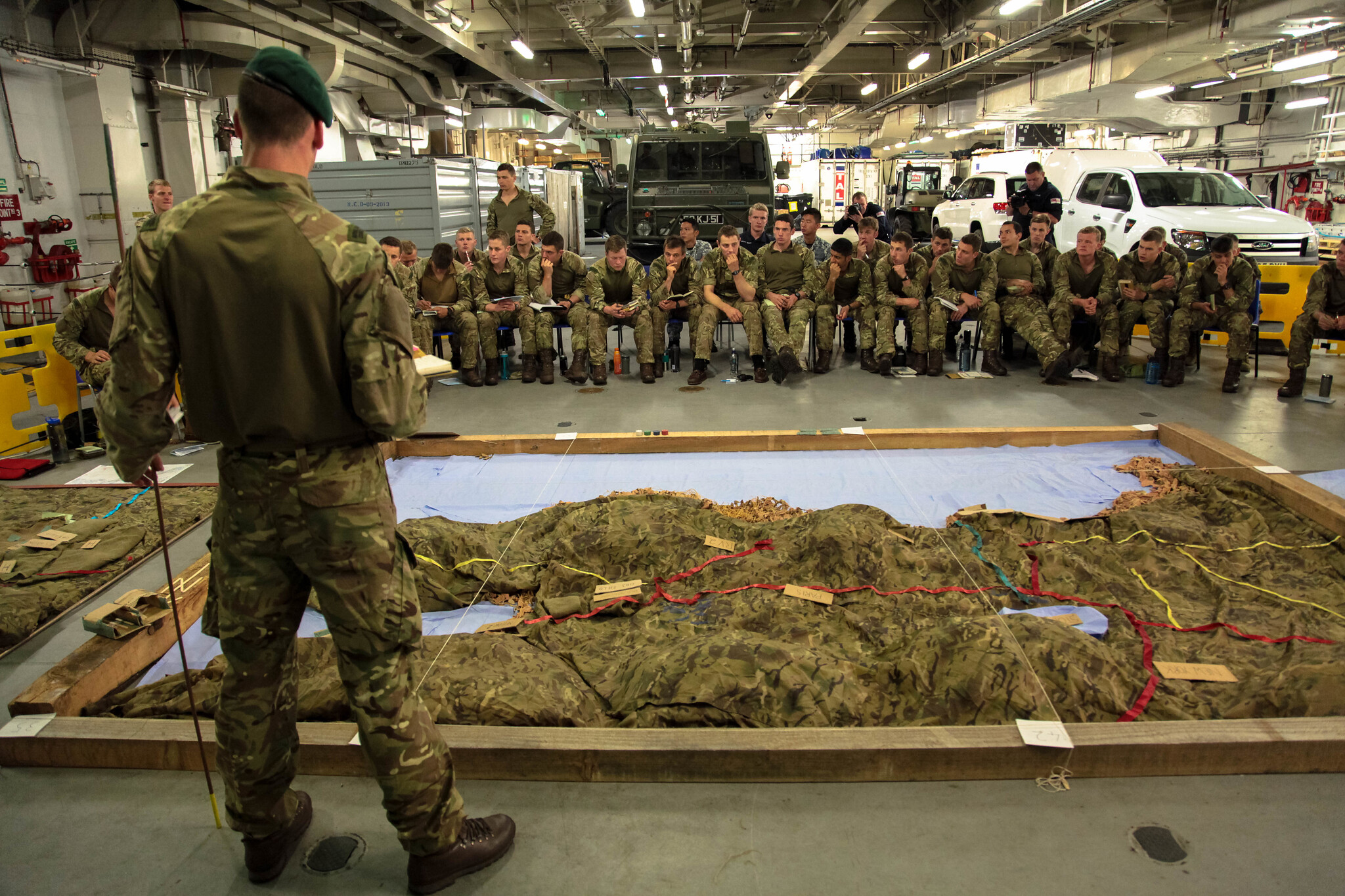Omerta in the Gangster War. Diana Johnstone
The sabotage of the Nord Stream 2 pipeline has virtually announced that the war in Ukraine can only intensify with no end in sight.

All Global Research articles can be read in 51 languages by activating the Translate This Article button below the author’s name.
To receive Global Research’s Daily Newsletter (selected articles), click here.
Follow us on Instagram and Twitter and subscribe to our Telegram Channel. Feel free to repost and share widely Global Research articles.
***
Imperialist wars are waged to conquer lands, peoples, territories. Gangster wars are waged to remove competitors. In gangster wars you issue an obscure warning, then you smash the windows or burn the place down.
Gangster war is what you wage when you already are the boss and won’t let any outsider muscle in on your territory. For the dons in Washington, the territory can be just about everywhere, but its core is occupied Europe.
By an uncanny coincidence, Joe Biden just happens to look like a mafia boss, to talk like a mafia boss, to wear a little lopsided half smile like a mafia boss. Just watch the now famous video:
Pres. Biden: "If Russia invades…then there will be no longer a Nord Stream 2. We will bring an end to it."
Reporter: "But how will you do that, exactly, since…the project is in Germany's control?"
Biden: "I promise you, we will be able to do that." https://t.co/uruQ4F4zM9 pic.twitter.com/4ksDaaU0YC
— ABC News (@ABC) February 7, 2022
Pres. Biden: “If Russia invades…then there will be no longer a Nord Stream 2. We will bring an end to it.”
Reporter: “But how will you do that, exactly, since…the project is in Germany’s control?”
Biden: “I promise you, we will be able to do that.”
Able for sure.
It cost billions of dollars to lay the Nord Stream 2 pipeline across the Baltic Sea, from near Saint Petersburg to the port of Greifsfeld in Germany. The idea was to ensure safe natural gas supplies to Germany and other European partners by going around troublesome Ukraine, known for readiness to use its transit rights to siphon off gas for itself or blackmail clients.

Nord Stream 2 area map. (Berria Egunkaria, CC BY-SA 4.0, Wikimedia Commons)
Of course, Ukraine was always vehemently hostile to the project. So was the United States. And so were Poland, the three Baltic States, Finland and Sweden, all attentive to what went on in their sea.
The Baltic Sea is a nearly closed body of water, with narrow access to the Atlantic through Danish and Swedish straits. The waters near the Danish island of Bornholm where the Nord Stream pipelines were sabotaged by massive underwater explosions is under constant military surveillance by these neighbors.
“It seems completely impossible that a state actor could carry out a major naval operation in the middle of this densely monitored area without being noticed by the countless active and passive sensors of the littoral states; certainly not directly off the island of Bornholm, where Danes, Swedes and Germans have a rendezvous in monitoring the surface and undersea activities,” writes Jens Berger in the excellent German website Nachdenkseiten.
Last June, Berger reports,
“the annual NATO maneuver Baltops took place in the Baltic Sea. Under the command of the U.S. 6th Fleet, 47 warships participated in the exercise this year, including the U.S. fleet force around the helicopter carrier USS Kearsarge. Of particular significance is one particular maneuver conducted by the 6th Fleet’s Task Force 68 — a special unit for explosive ordnance disposal and underwater operations of the U.S. Marines, the very unit that would be the first address for an act of sabotage on an undersea pipeline.”
In June this year this very unit was engaged in a maneuver off the island of Bornholm, operating with unmanned underwater vehicles.

Crew member from the LVNS Talivaldis in the operations room, controlling and tracking the movement of the underwater robot during the BALTOPS maritime exercise in June 2020. (NATO)
Berger considers that a major sabotage operation “could not have been carried out directly under the noses of several littoral states without anyone noticing.” But he adds this clever observation: “if you want to hide something, it is best to do so in public.”
In order to be able to attach explosive devices to a gas pipeline halfway unnoticed, one would need a plausible distraction — a reason for diving near Bornholm without immediately being suspected of committing an act of sabotage. It doesn’t even have to be directly related in time to the attacks. Modern explosive devices can, of course, be detonated remotely. So, who has been conducting such operations in the maritime area in recent weeks? As luck would have it, exactly the same task force around the USS Kearsarge was again in the sea area around Bornholm last week.
In short, during NATO maneuvers, some participant could have laid the explosives, to be blown up at a later chosen moment.
By an odd coincidence, only a few hours after the sabotage of Nord Stream 1 and 2, ceremonies began opening the new Baltic Pipe carrying gas from Norway to Denmark and Poland.
The Political Significance of the Sabotage

A Royal Marine commando briefs Royal Marines, U.S. Marines, Royal Navy personnel and Singaporean observers in the vehicle deck of HMS Ocean (U.K.) during BALTOPS 2016. (NATO)
Due to Western sanctions against Russia, gas was not being delivered through the destroyed pipelines. However, gas inside the pipelines is leaking dangerously. The pipelines remained ready for use whenever an agreement could be reached. And the first, dramatic significance of the sabotage is that henceforth, no agreement can be reached. Nord Stream 2 would have been the key to some sort of settlement between Russia and the Europeans. The sabotage has virtually announced that the war can only intensify with no end in sight.
In Germany, the Czech Republic and some other countries, movements were beginning to grow calling for an end to the sanctions, specifically to solve the energy crisis by putting Nord Stream 2 into operation for the first time. The sabotage has thus invalidated the leading demand of potential peace movements in Germany and Europe.
This act of sabotage is above all a deliberate sabotage of any prospect of a negotiated peace in Europe. The next move from the West has been for NATO governments to call on all their citizens to leave Russia immediately. In preparation of what?
The Russians Did It
In this catastrophic situation, Western mainstream media are all wondering who could be the guilty party, and suspicion automatically fixes on… Russia. Motive? “To raise the price of gas” or “to destabilize Europe” — things that were happening anyway. Any far-fetched notion will do.
European opinion-makers are showing the result of 70 years of Americanization. Especially in Germany, but also in France and elsewhere, for decades the United States has systematically spotted up-and-coming young people, invited them to become “young leaders,” invited them to the United States, indoctrinated them in “our values” and made them feel like members of the great trans-Atlantic family. They are networked into top positions in politics and media. In recent years, great alarm is raised about alleged Russian efforts to exert “influence” in European countries, while Europeans bathe in perpetual American influence: movies, Netflix, pop culture, influence in universities, media, everywhere.
When disaster strikes Europe, it can’t be blamed on America (except for former President Donald Trump, because the American establishment despised and rejected him, so Europeans must do the same). It has to be the bad guy in the movie, Putin.
The fanatically anti-Russian former Polish Foreign Minister Radek Sikorsky couldn’t restrain himself and joyously greeted the massive natural-gas leaks from the destroyed pipeline with a cheerful tweet, “Thank you, USA.” But Poland was certainly also willing, and perhaps even able. So perhaps were some others in NATO-land. But they all prefer to publicly “suspect” Russia.
Officially, so far, no NATO government knows who dunnit. Or maybe they all know. Maybe this is like the famous Agatha Christie mystery on the Orient Express train, where suspicion falls on all the passengers, and are all guilty. And all united in Omerta.
*
Note to readers: Please click the share buttons above or below. Follow us on Instagram and Twitter and subscribe to our Telegram Channel. Feel free to repost and share widely Global Research articles.
Diana Johnstone is the author of Fools’ Crusade: Yugoslavia, NATO, and Western Delusions. Her latest book is Circle in the Darkness: Memoirs of a World Watcher (Clarity Press). The memoirs of Diana Johnstone’s father Paul H. Johnstone, From MAD to Madness, was published by Clarity Press, with her commentary. She can be reached at [email protected].
Featured image: Crew from the LVNS Talivaldis performing mine countermeasures training in the Baltic Sea during during the annual BALTOPS maritime exercise in June 2020. (NATO)

